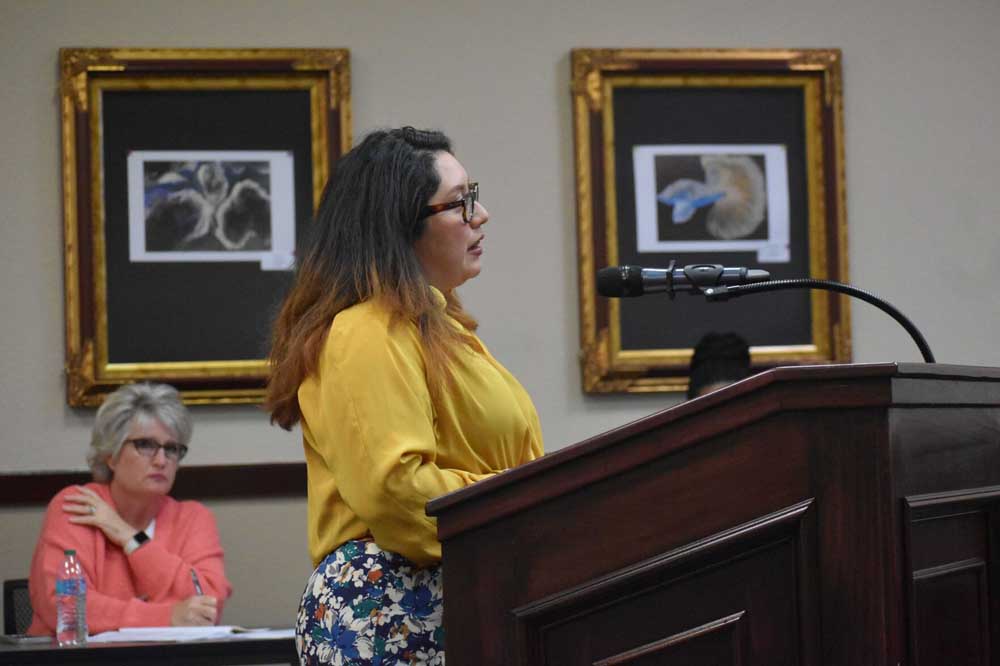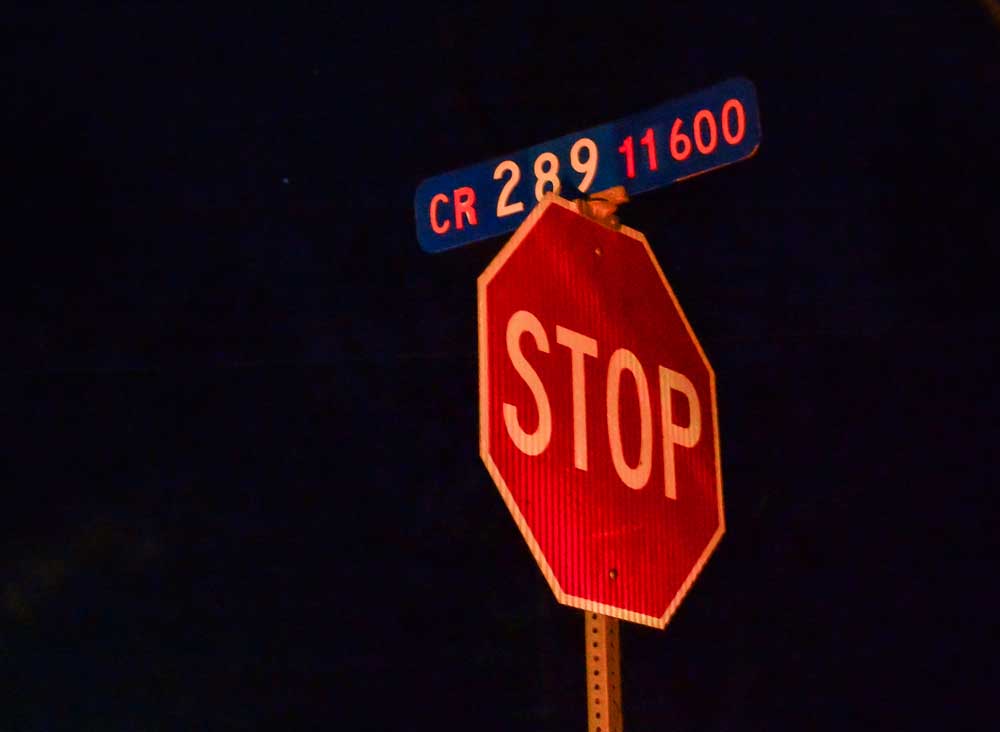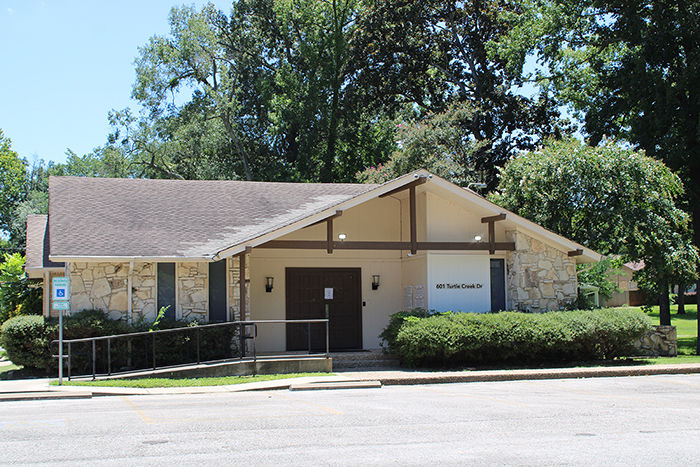N.K. famine is due to bad government
Published 7:17 pm Tuesday, February 10, 2015
What the Washington Post fails to grasp is that famine, in 21st Century, is always and everywhere a political phenomenon. North Korea isn’t hungry because of bad weather. It’s hungry because its economic system is a failure and the dictator who runs the place is crazy.
Those factors apparently didn’t occur to the Post.
Trending
“As North Korea heads toward the ‘barley hump’ — the lean season before the rice and corn harvest in the summer — aid agencies are warning that an unusually dry winter is compounding chronic food shortages in the impoverished country,” the Post reported. “And while North Korea may no longer be in a state of famine, malnutrition remains such a widespread problem that even slight changes in weather can have an outsized impact on ordinary people’s food supply.”
The Post acknowledges it’s a long-term problem.
“North Korea has a chronic food security problem,” the Post says. “Before the Korean peninsula was divided after World War II, the southern half had always operated as the bread basket and the north as the industrial heartland. That has meant that, since the division, the North has struggled to feed itself even at the best of times. It muddled through for four or so decades, with the Soviet Union as its communist benefactor.”
That’s not the whole story, of course. The truth is that socialism always fails, and power is maintained at gunpoint. After the Korean War, the country was divided — but even the North was mostly agricultural. Certainly it should have been able to feed itself — or at least produce the industrial goods that could be traded for food. It failed to, because it spent its energy on repressing its populace, developing nuclear weapons and rattling its saber at every opportunity.
North Korea is more purely Marxist (and Maoist) than, say, Venezuela or even Cuba. It manages this by cutting off contact with almost everyone else.
Plus, its leaders are flat-out insane.
Trending
“In June 2004 the communist North Korean government issued a statement to its starving citizens recommending the consumption of pine needles,” noted Cato Institute scholar Will Wilkinson in 2005. “Pyongyang maintained that pine needle tea could effectively prevent and treat cancer, arteriosclerosis, diabetes, cerebral hemorrhage, and even turn grey hair to black.”
Even if drought were partially responsible for North Korea’s woes, there’s plenty of food being produced elsewhere; it doesn’t get where it’s needed because of North Korea’s leaders.
A centrally planned economy always fails, because of planners.
Fidel Castro’s central planners in Cuba, for example, needed hard cash in the 1960s, so they ordered more food crops be plowed under to grow coffee for export. Those planners didn’t know, however, the coffee grows on the slopes of hills and mountains (remember those Folgers commercials?), not boggy lowlands fit for other crops. So Fidel ended up with no food and no coffee to sell.
That’s what’s happening now in Venezuela, where there’s no drought — just millions of acres of lush, cultivatable land. Yet it can’t feed itself, nor leverage its massive oil reserves.
Why not? Socialism.







